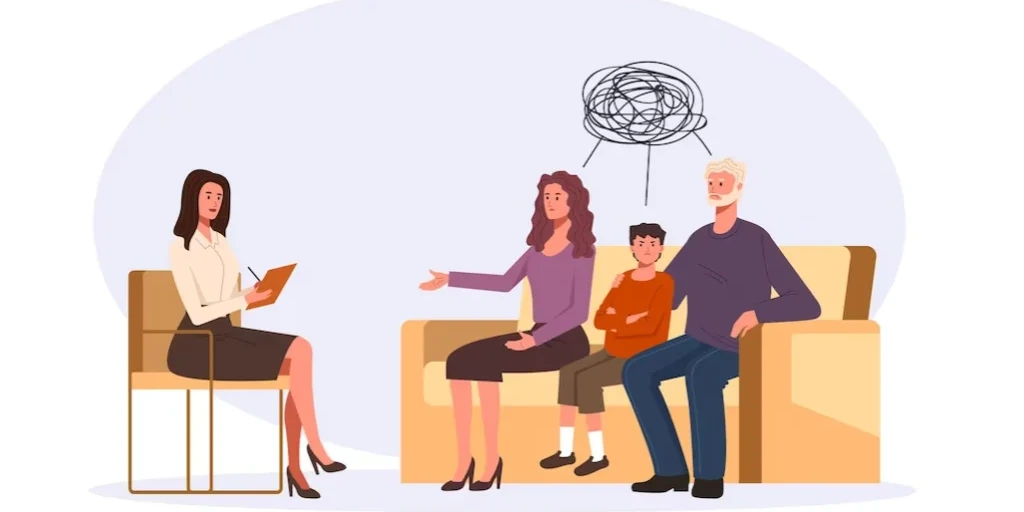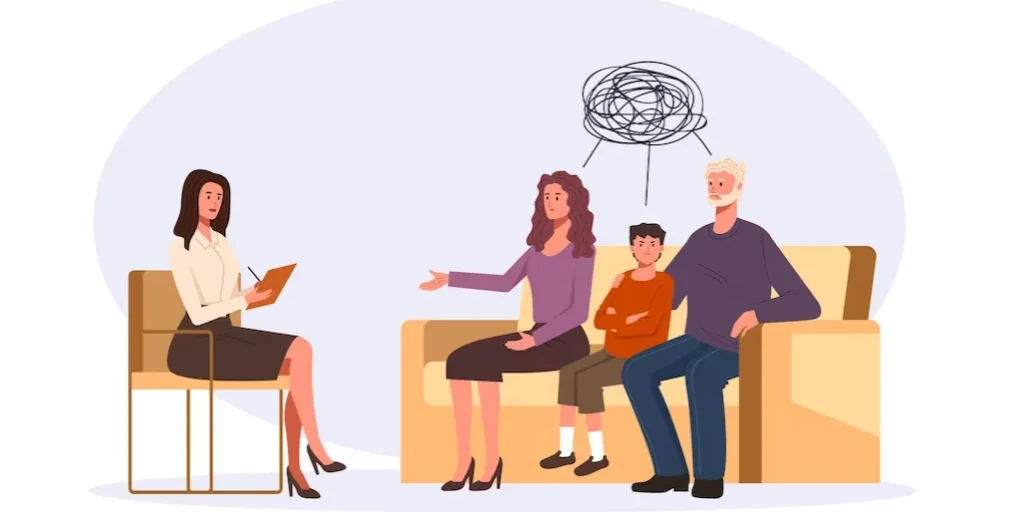24/7 Helpline:
(866) 899-221924/7 Helpline:
(866) 899-2219
Learn more about Codeine Rehab centers in Allen County

Other Insurance Options

BHS | Behavioral Health Systems

BlueShield

CareFirst

Optum

Sutter

Group Health Incorporated

EmblemHealth

Health Partners

MHNNet Behavioral Health

United Health Care

Meritain

Evernorth

WellCare Health Plans

Regence

GEHA

AllWell

CareSource

Aetna

Lucent

Amerigroup

Time Out Community Counseling and Correctional Services
Time Out Community Counseling and Correctional Services offers outpatient treatment for individuals ...

LifeSkills Service Center – Allen County
LifeSkills Service Center – Allen County is a private rehab located in Scottsville, Kentucky. LifeSk...

More to Life Counseling
More to Life Counseling offers faith-based and evidence-based counseling services for individuals, f...
































































